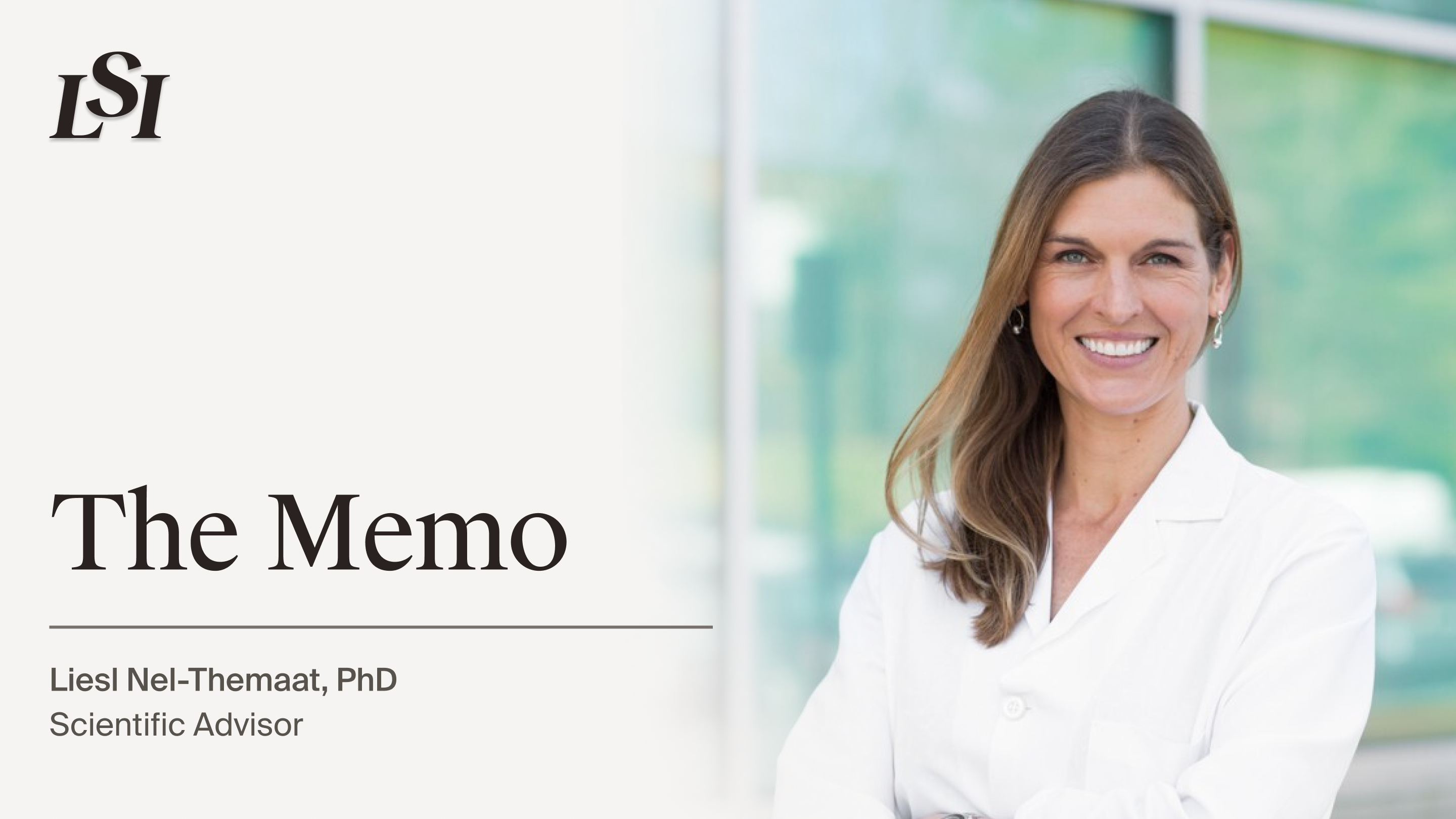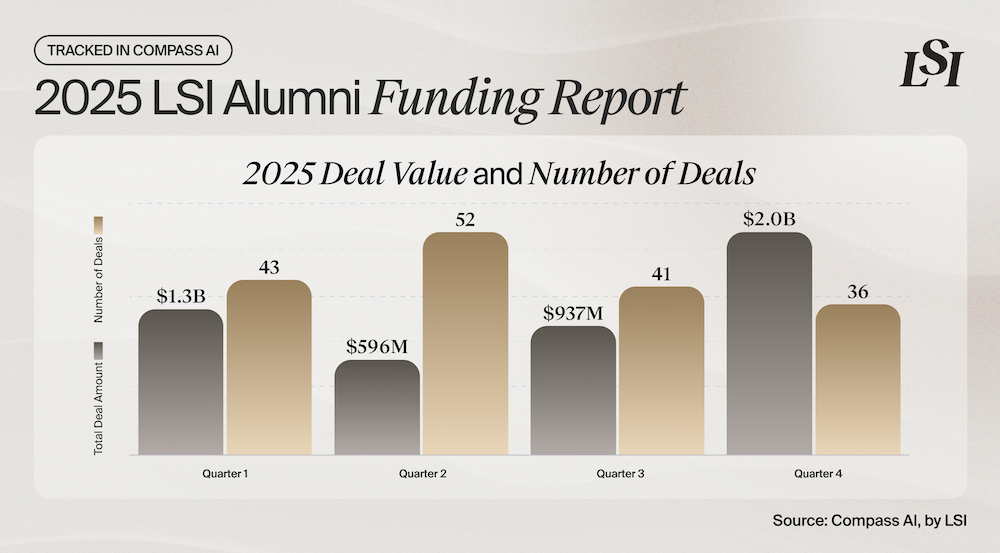
Under the direction of two neurosurgeon founders with expertise in patient care, biomedical engineering, and clinical trials, Fluid Biomed is redefining the treatment of brain aneurysms with the world’s first bioabsorbable polymer-based stent. Unlike traditional metal stents, which remain permanently in the body and require lifelong blood thinners, Fluid Biomed’s innovation slowly dissolves, allowing blood vessels to progressively heal.
As Fluid Biomed advances through clinical validation and regulatory pathways, its breakthrough stent technology has the potential to improve patient outcomes and quality of life.
Origin Story
Fluid Biomed was founded by Dr. John Wong and Dr. Alim Mitha, two neurosurgeons who have devoted their entire medical careers to treating patients suffering from brain aneurysms and stroke. The two met at the University of Calgary over 20 years ago, where Wong had been recruited as a neurosurgeon, and Mitha was training in neurosurgery.
“Alim is incredibly hardworking and talented,” Wong recalled. “Even during his surgical training, he recognized the need to acquire the skills to develop new technologies and so pursued a Harvard degree focused on biomedical engineering during the process of becoming a neurosurgeon.”
Upon Mitha’s return to Calgary, he established an academic biomedical engineering lab, which led to the formation of Fluid Biomed. The company was founded on the principle that aneurysm treatment needed to evolve beyond the limitations of metal stents, paving the way for their bioabsorbable alternative. Augmented by an MBA from the Wharton School of Business, Wong serves as company CEO, and with his engineering background, Mitha is president and CTO.
The Current Landscape
Brain aneurysms are bubble-like weaknesses of blood vessels and affect up to 5% of people, with a risk of rupture that can lead to stroke or death. For many aneurysms, the standard treatment today relies on metal flow-diverting stents, which help clot off the aneurysm and reinforce the blood vessel. However, metal stents have significant drawbacks:
- Limited Effectiveness: About 25-40% of aneurysms don’t fully heal with metal stents even a year after treatment.
- Need for Blood Thinners: Metal stents require patients to take blood thinners to prevent clotting, sometimes lifelong.
- Restricted Use: Only certain kinds of aneurysm types can be treated with existing stents.
“An issue with metal stents is that they are permanent implants and may not integrate well with the body,” Wong explained. “We felt physicians need a solution that fixes the aneurysm but allows the blood vessel to heal and function without significant foreign material indefinitely left behind.”
Fluid Biomed’s unique bioabsorbable polymer-based stent directly addresses these limitations, representing a major leap forward in aneurysm care.
Inside the Innovation
Fluid Biomed has developed the first bioabsorbable polymer-based stent designed specifically for treating brain aneurysms. Unlike traditional metal stents, which remain in place permanently, this stent’s polymer material gradually dissolves after the aneurysm heals.
“Our polymer-based stent is softer, more flexible, and can potentially fit into more blood vessels of the brain and treat more kinds of aneurysms than metal stents,” Wong said. “And because the polymer material is bioabsorbable, it disappears over time, meaning patients may not need lifelong blood thinners.”
Key benefits of Fluid Biomed’s bioabsorbable stent:
- More Flexibility: Can potentially treat a wider range of aneurysms in areas metal stents can’t reach.
- Faster Healing: The polymer may be more biologically compatible than metal, promoting a quicker aneurysm cure.
- Better Visualization: Because the polymer is “invisible” on imaging, the stent does not interfere with CT and MRI scans like metal stents do, thus allowing more accurate follow-up testing.
Progress and Milestones
After years of experimental work in Mitha’s biomedical engineering laboratory, which demonstrated the promise of the device, Fluid Biomed has made rapid strides toward clinical validation and commercialization. In 2021, the company secured its seed financing from established venture capital firms, which allowed it to quickly advance from laboratory development to clinical testing. Within only two years, Fluid Biomed enrolled in its first-in-human clinical trial, an exceptionally fast timeline for a neurological implant. This pilot study supported the technical feasibility, safety, and efficacy of its bioabsorbable stent in treating patients with brain aneurysms.
Now, the company is preparing for larger-scale clinical studies with a focus on securing pivotal study approvals. Planned for the United States and Canada, these trials will be critical in validating the stent and positioning Fluid Biomed for regulatory approval in North America. Wong emphasized the importance of this phase, stating, “As clinician-scientists, we are fortunately very familiar with conducting clinical trials. Our eye is on the prize of a pivotal study, which will help bring our technology to many more patients in need across the continent.”
A recent major milestone for the company was securing $27 million in one of the largest Series A financings in medtech despite the challenges of a tough investment climate. The funding, backed by top-tier institutional investors, will propel the company into its next phase of growth, enabling expanded clinical trials, scale-up of manufacturing, and pre-commercialization efforts. Wong highlighted the significance of this achievement, noting that Fluid Biomed has defied expectations—not only by developing a technology previously thought impossible but also by doing so outside the geography of traditional medtech hubs.
With its pioneering stent technology, the multiple skillsets of its leadership, and strong financial backing, Fluid Biomed is on a clear trajectory to reshape the market and improve outcomes for brain aneurysm patients worldwide.
Market Insights
Given the challenges in detecting unruptured aneurysms, it is estimated that tens of millions of people worldwide have an unruptured aneurysm. Of these, it is estimated that 1 in 10,000 people worldwide experience a ruptured aneurysm, which translates to 500,000 to 600,000 cases per year, globally. In the United States, about 30,000 people per year experience aneurysm rupture.
In 2024, LSI estimates that the market for devices for the treatment of brain aneurysms was valued at $1.57 billion, and will increase at a CAGR of 9.8% from 2024 to 2029. The market is projected to exceed the growth of the wider neurovascular devices market, which, according to LSI’s Market Analysis and Projections database, will increase at a CAGR of 4.7% during the same period.
Market growth is largely driven by improved diagnostic tools and increasing awareness, rather than an underlying increase in the incidence of ruptured brain aneurysms.
Emerging treatment strategies for brain aneurysms offer a transformative opportunity to prevent catastrophic ruptures. With cutting‐edge imaging techniques and AI-driven diagnostic tools enabling earlier detection of vulnerable aneurysms, clinicians are poised to intervene before a rupture occurs.
Combined with minimally invasive approaches—such as endovascular coiling, clipping, and flow diversion—the potential for significantly reducing aneurysm-related morbidity and mortality is massive.
This convergence of early identification and innovative treatment solutions heralds a new era in cerebrovascular care, promising safer, more targeted interventions that could save countless lives.
Join Us at LSI USA ‘25
Wong has been selected to present at LSI USA ‘25 next March 17-21 in front of hundreds of global medical technology companies. Join us in welcoming Wong to the event in Dana Point, CA, where he will share the latest updates on Fluid Biomed’s technology and development.

Schedule an exploratory call
Request Info17011 Beach Blvd, Suite 500 Huntington Beach, CA 92647
714-847-3540© 2026 Life Science Intelligence, Inc., All Rights Reserved. | Privacy Policy










